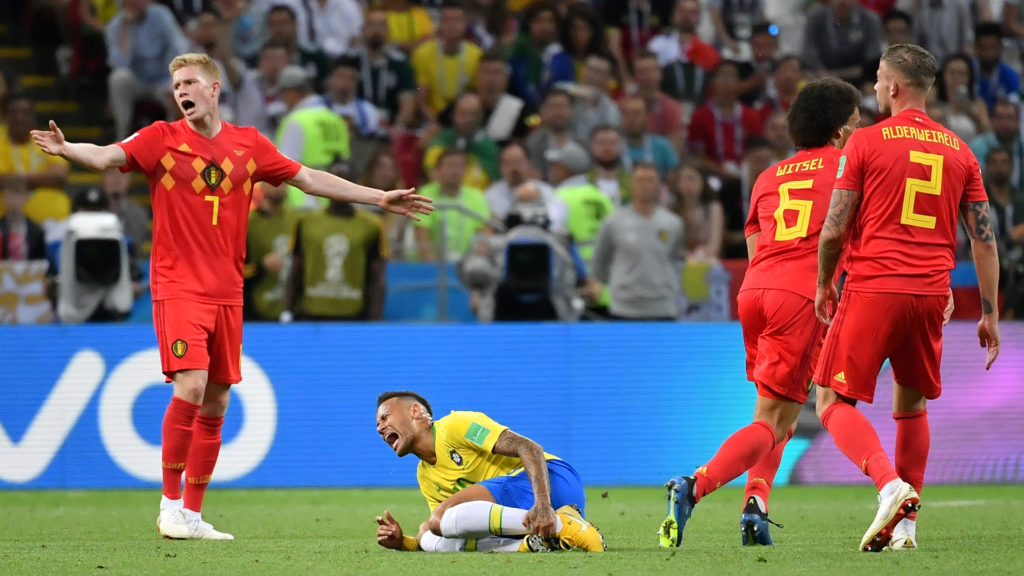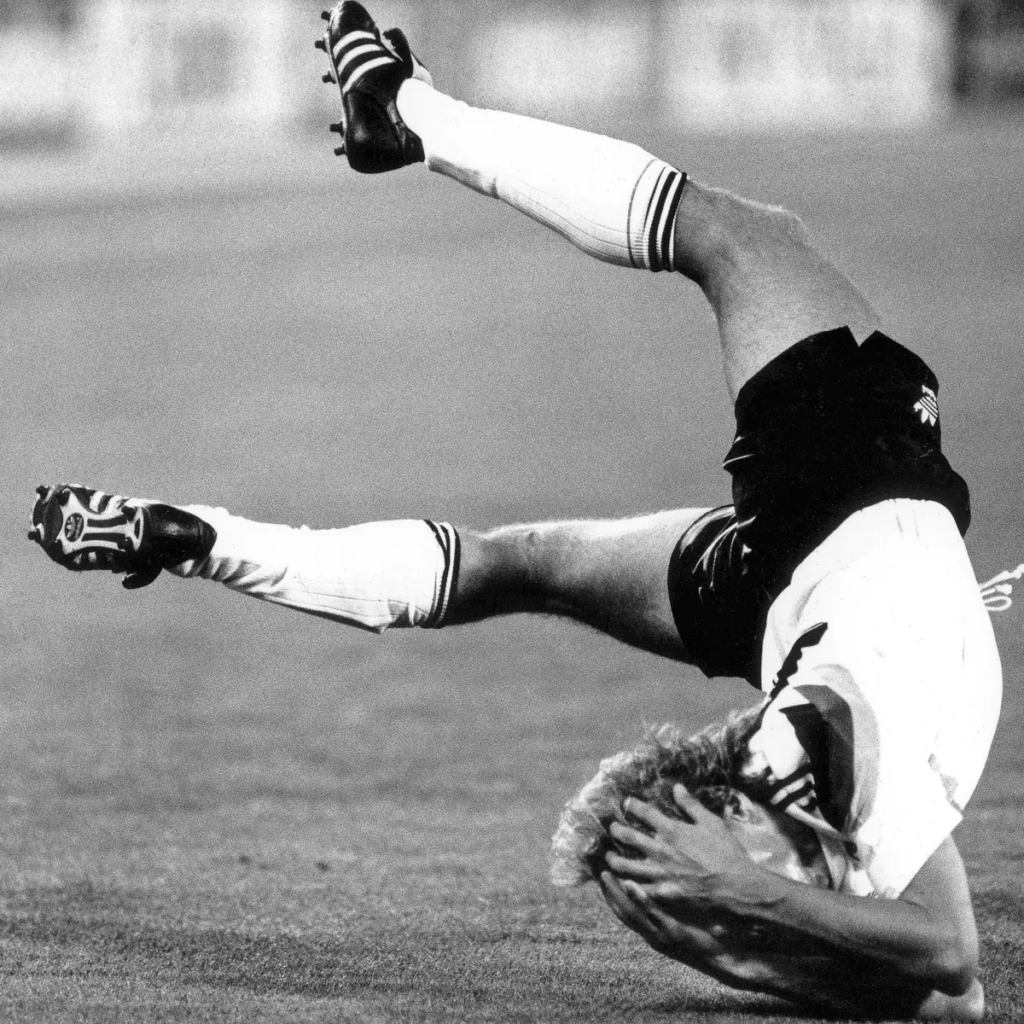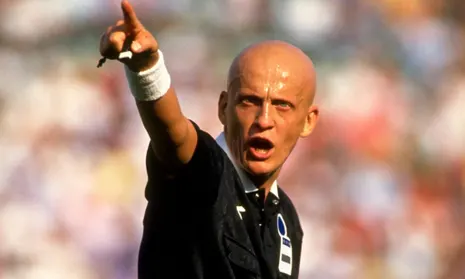Injuries are a common part of any sport including soccer due to the fact that they are played by humans. One could even argue that injuries are unavoidable and even add to the mystery and intrigue of the game since no one knows when one will occur and how their aftermath influences the outcome of a match. There are however instances where players have been known to either act hurt or over exaggerate the extent of their injuries in order to prompt match officials to rule in their (and their team’s) favor. Many soccer fans are usually against the practice and argue that it takes away the sanctity and fairness of the game and reduces its stature in the eyes of its followers.
Why do soccer players act hurt? Soccer players act hurt (flop) in order to trick match officials into penalizing their opponents and either award them a competitive advantage over their opponents or nullify any gains their opponent would make by securing or winning possession of the ball. It is however important to note that soccer players don’t always act hurt and do at times sustain injuries due to the fast-paced and high-contact nature of the sport.

The Need for Rules
As arguably one of if not the oldest sports in history, football has come quite a long way from its early forms such as Cuju which dates back over 2000 years ago. The modern iteration is believed to have been inspired by folkball or folk football – a game that rapidly grew in popularity from the 14th century.
Folkball was traditionally played by two rival villages or between two different social units such as married men and bachelors. Since no rules existed at the time to govern it, folkball was known to be highly competitive and violent and often resulted in serious injuries and fatalities.
Such developments further tainted its reputation as a suitable pastime as players would often use subsequent folkball competitions as an opportunity to get even, leading to its banning on several occasions between the 14th and 17th centuries.
Rather than stifle its growth, the bans only served to make folkball even more popular despite the stiff penalties levied on participants during the time including heavy monetary fines and public humiliation by being paraded/put in the stocks.
How the Rules Came to Be
The rules that govern soccer today can be traced back to the early to mid-19th century when institutions like the University of Cambridge and early soccer outfits like Sheffield Football club began creating their own standard codes to ensure that the sport was played in an orderly manner.
Most players at the time often joined the above-mentioned organizations from secondary schools which each had their own unique rules that they then attempted to follow at tertiary institutions leading to disputes, hence the need for uniform codes.

Looking to further establish a singular set of rules that all who participated in the sport would follow, a group of London football clubs and representatives from the schools in the area had a series of meetings from October 1863 which culminated in the formation of the Football Association (FA).
Subsequent revisions to the rules led to the omission of certain elements such as handling the ball and the inclusion of others like passing the ball forward that further distinguished association football from other variants like rugby football.
The founding of the International Football Association Board in June 1886 led to further development and standardization of the rules including Law 12 of the Laws of the Game & FA Rules which lists cautionable offenses and provides remedies and penalties including those aimed to address violent conduct and serious foul play.
Flopping from a Referee’s Perspective
In a past interview, former assistant referee Sean Hurd, who officiated at the 2014 FIFA World Cup, posited that a number of the infractions that usually occur in soccer are due to the speed of play. The American further added that the “speed and physicality” of the game make fouls highly likely since it often doesn’t take much to throw a player off their balance.

Hurd further revealed that though some incidents may look like flops or exaggeration, that is not always the case and that it is up to officials to determine whether there was contact, how much force was used, and whether the outcome warranted a foul.
The former MLS hardliner also stated that fouls are likely to be called where a star player is involved due to the fact that they tend to get more touches of the ball and are thus often put in harm’s way. Hurd also argued that a number of factors always need to be taken into consideration since some teams may decide to intensify their physicality as part of their strategy to overcome their opponents.
The ex-referee nevertheless admitted that though there are provisions made to accommodate legitimate body contact in the Laws of the Game, some players try to develop acting hurt as part of their craft in order to gain a competitive edge since competitions, especially those at high levels, are often challenging on their own.
Notable Players on the Infamous List
A number of players have been put in the spotlight over the years for allegedly having the habit of flopping during matches. Chief among them is Paris Saint-Germain and Brazil forward Neymar who is often the butt of the joke on YouTube.
Five-time Ballon d’Or winner and Manchester United marksman Cristiano Ronaldo has also been accused of putting up a show during matches whenever things don’t go his way in or around the 18-yard box sometimes resulting in unjustified penalties and free kicks.
Former Barcelona and Liverpool striker Luis Suárez equally has a number of highlights (or in this case lowlights) to his name for both of his former clubs. The Uruguayan was actually disciplined by Liverpool for admitting to diving in an English Premier League (EPL) match against former top-flight side Stoke City in October 2013.
Though there appears to be overwhelming documented evidence against some of these players, Hurd’s point of view suggests that fans shouldn’t be too quick to point accusing fingers at them since there may be more than meets the eye. Drawing such conclusions should only be rightfully left to the professionals.
Some fans and former players have suggested that flopping is sometimes necessary since some officials tend to ignore illegal contact if an aggrieved player plays on. Some players have even alleged that they are advised to flop in order to “nudge officials in the right direction”.
